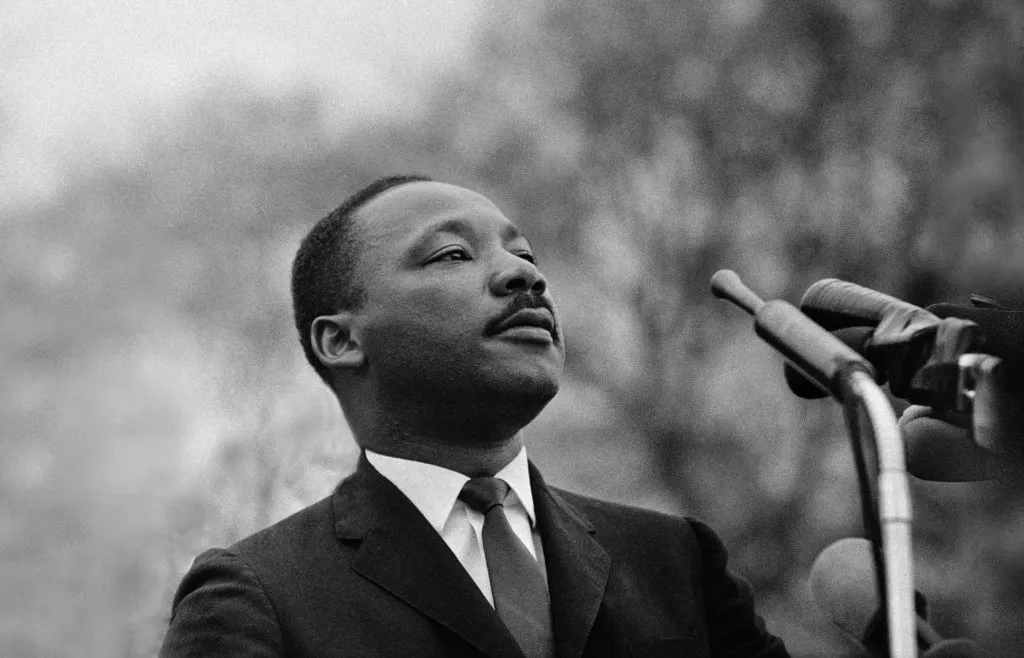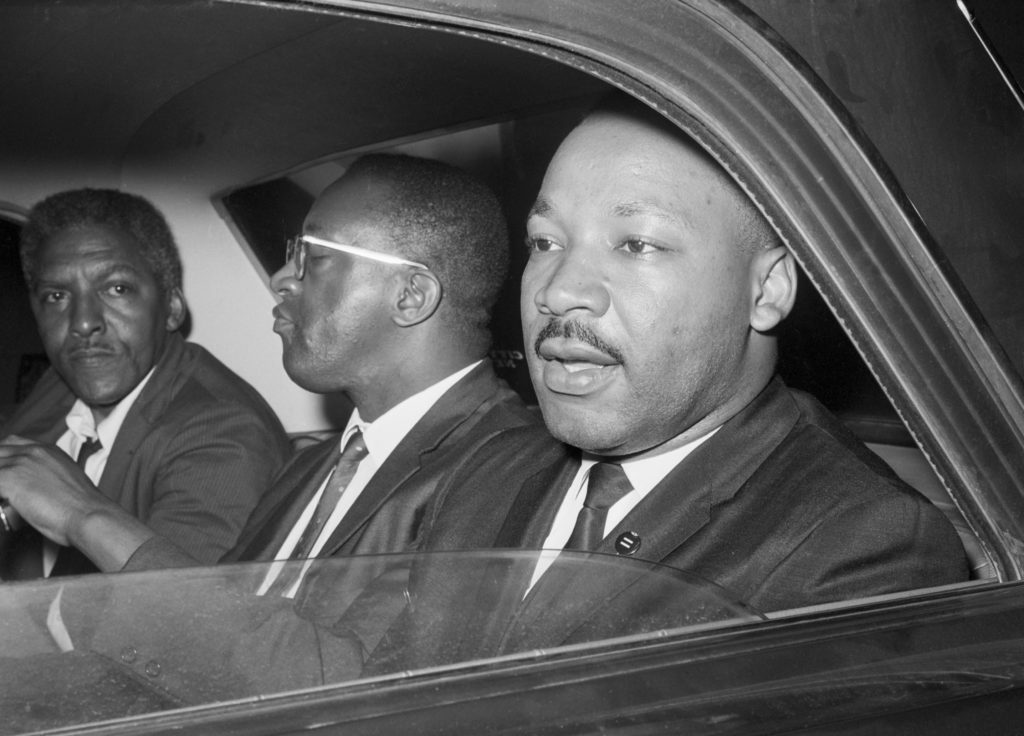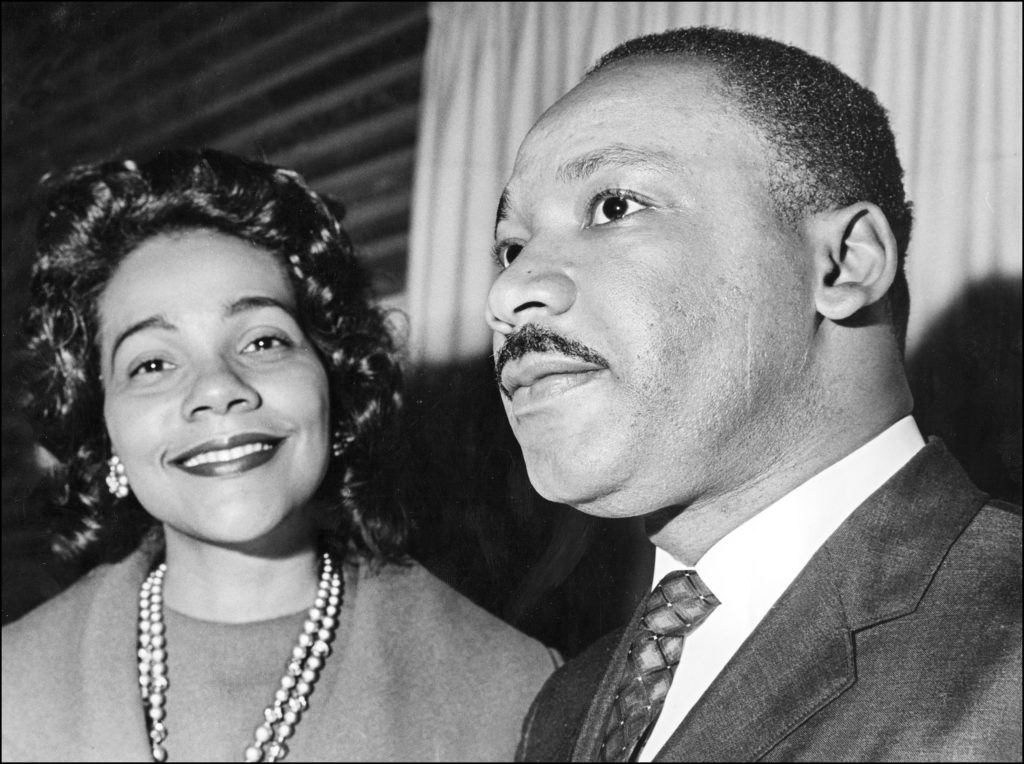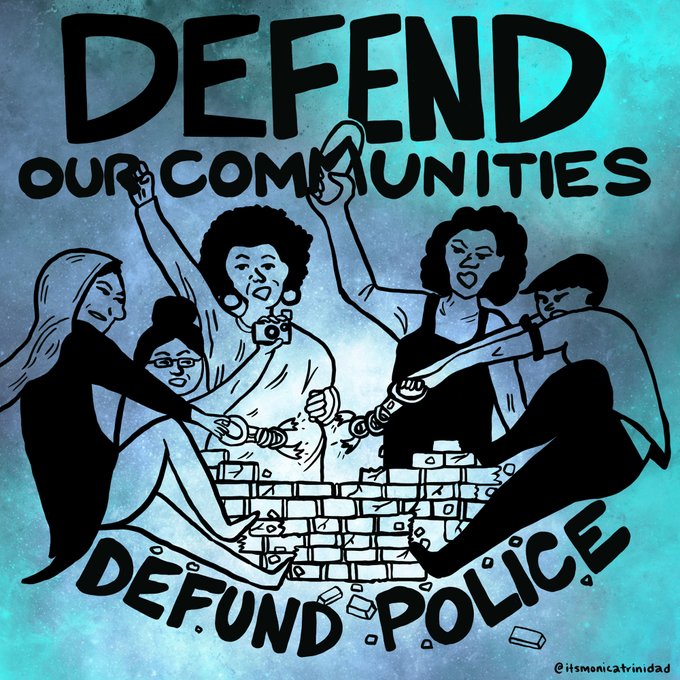Vogue editor André Leon Talley dies aged 73: ‘Thank you for paving the way’
André Leon Talley, giant of the fashion industry, has died aged 73.
Talley, who was Vogue’s first Black creative director, and later editor-at-large, passed away on Tuesday (18 January), his literary agent confirmed.
He had been suffering from an unknown illness.
A pioneer in fashion, Talley passionately championed diversity and inclusion in an industry that for years resisted it. He was remembered by friends and fans for his glamour, grace and grit.
Talley grew up with his grandmother in the city of Durham in Jim Crow era North Carolina, and told NPR in 2018 that he first came across a copy of Vogue at his local library when he was nine or 10 years old.
He described it as a “rabbit hole” into “a world of glamour”, and added: “[Vogue] was my gateway to the world outside of Durham.
“It was the world of literature, what was happening in the world of art, what was happening in the world of entertainment.”
Talley went on to study French literature at Brown University, where he wrote his thesis on the influence of Black women in Charles Baudelaire.
He later moved to New York City, working at the Metropolitan Museum of Art, in Andy Warhol’s Factory studio, and at Women’s Wear Daily, Interview, W, and the New York Times.
Talley finally made his way to Vogue, where he was fashion news director from 1983 to 1987, creative director from 1988 to 1995, and editor-at-large from 1998 to 2013.
The fashion icon became known for his signature kaftans and capes, and told NPR: “I went to [Morocco] and saw that the men in North Africa in Marrakech and Casablanca walked around in caftan shirts and loose-fitting clothes all day, every day… I decided: I want to be like that. I want to wear that instead of a suit because it’s comfortable. You are ventilated. You’re roomy. You’re cozy, and you can just stretch.
“I’m not a tall stick anymore! I’m a big, big guy of great girth and people think I look like maybe my clothes don’t look that important, but I have taken great time and [done] fittings for my capes and caftans made by the great designers.
“I will continue to wear these things for the rest of my life!
Talley published three books during his lifetime: A.L.T.: A Memoir in 2003, the photography book A.L.T. 365+, and in 2020, The Chiffon Trenches: A Memoir, which became a New York Times best seller.
In 2010 and 2011, he had a place on the judging panel of America’s Next Top Model.
Diane von Furstenberg, the designer who was a close friend of Talley’s, wrote: “Goodbye darling André … no one saw the world in a more glamorous way than you did. No one was grander and more soulful than you were.”
Bette Midler added: “I’m sorry to say the extraordinary André Leon Talley has died.
“He was such a force and believed in the magic of fashion and its illusions with all his being. His life was a saga of great highs, great lows, the dramatic, the ridiculous, and the endless pursuit of beauty. Love and RIP.”
Slave Play writer Jeremy O’Harris tweeted: “For a little Black gay boy who reached for the stars from the south there were few people I could look up to up there amongst the stars who looked like me just more fab except for you André.
“For a generation of boys André Leon Talley was a beacon of grace and aspiration. RIP.”
Preston Mitchum, attorney and director of advocacy and government affairs at the Trevor Project, tweeted: “André Leon Talley made it possible for so many Black queer boys and men to express ourselves out loud. No reservations.
“A legend. An icon. May he rest in peace and power knowing that he paved the way for many people who looked up to him.”






